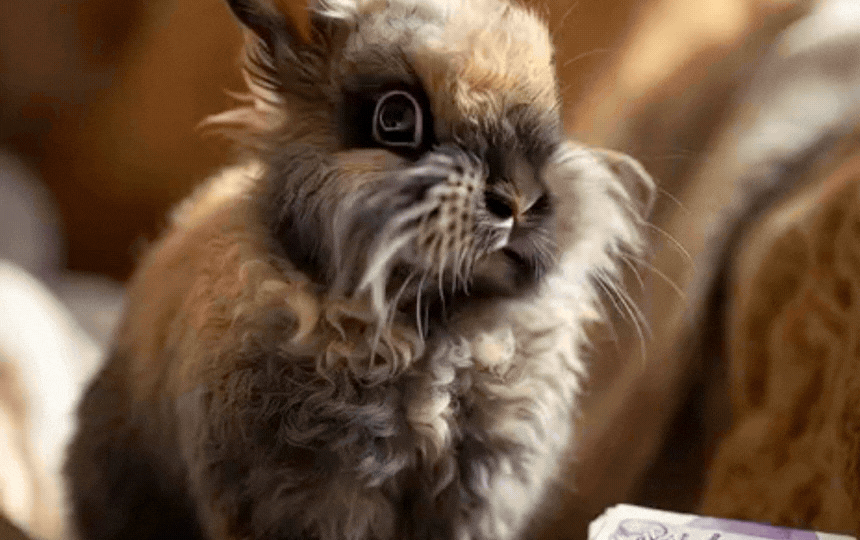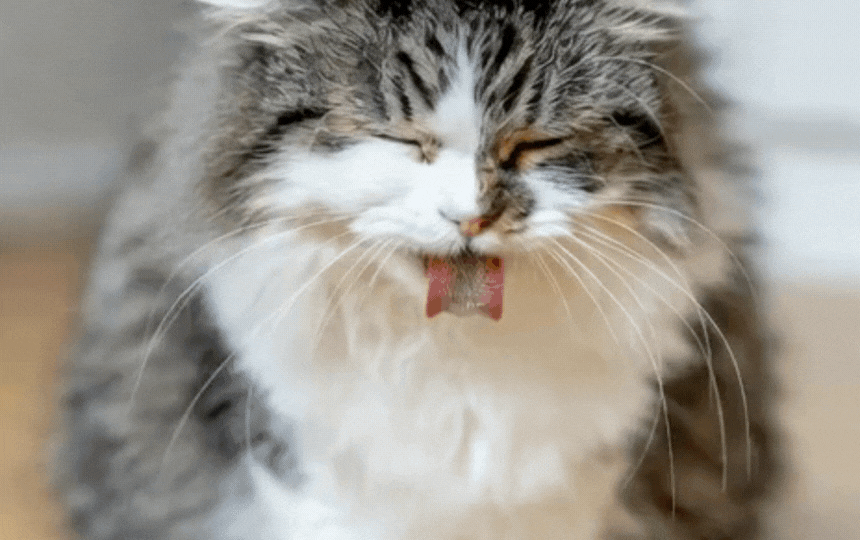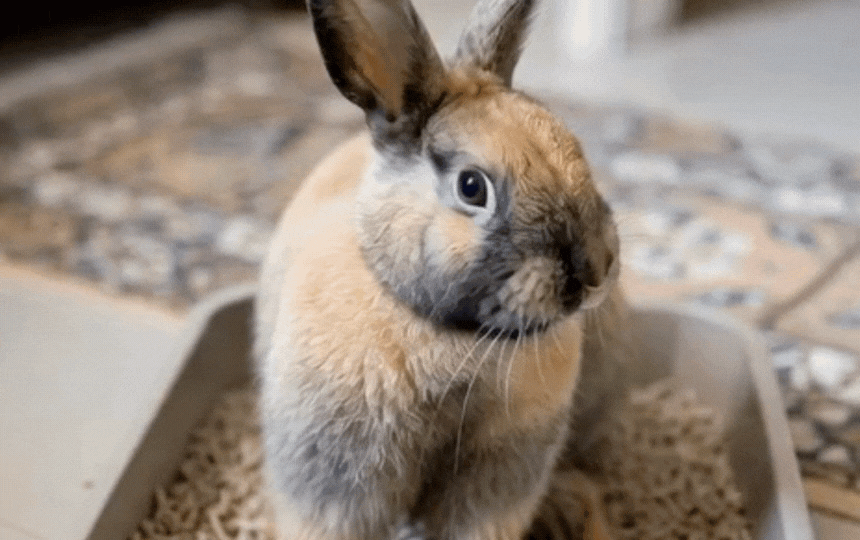Q&A Day - Why do cats sleep so much?
The Catnap Conundrum
Q: Why do cats sleep so much?
A: Cats are crepuscular animals, meaning they are most active during dawn and dusk. To conserve energy for hunting and play during these times, they sleep for an average of 12-16 hours a day.
Q: Is there a specific reason for cats being crepuscular?
A: It's rooted in their evolutionary history. Wild ancestors of domestic cats were more successful hunters during low-light periods, which has carried over to their domestic counterparts.
Q: Do cats need long periods of sleep for health reasons?
A: Yes, cats require ample sleep for physical and mental well-being. Sleep helps them conserve energy, regulate stress, and promotes growth and healing.
Q: How can I ensure my cat gets quality sleep?
A: Provide a comfortable and quiet sleeping area for your cat. Cats often prefer elevated spots where they can observe their surroundings while feeling safe.
Q: Should I be concerned if my cat sleeps more than usual?
A: While cats are known for their love of sleep, significant changes in sleeping patterns could indicate health issues. If you notice excessive lethargy or changes in behaviour, consult with a veterinarian.
Q: Do cats dream during their naps?
A: Research suggests that cats, like humans, experience different sleep stages, including REM (Rapid Eye Movement) sleep, which is associated with dreaming. It's a topic that continues to intrigue scientists.
Q: Can I wake my cat up if it's sleeping too much?
A: It's generally best to let sleeping cats lie. If your cat is sleeping excessively or shows concerning behaviour, consult with a veterinarian instead of waking them abruptly.
Q: Can a cat's sleep pattern change with age?
A: Yes, kittens and senior cats may sleep more than adults. Kittens need the extra rest for growth, while older cats may experience changes in energy levels due to aging.
Q: Are there ways to engage my cat during their waking hours?
A: Provide toys, interactive play sessions, and scratching posts to keep your cat mentally and physically stimulated during their active periods.
Understanding and respecting your cat's natural sleep patterns is crucial for their overall well-being. By creating a conducive environment and monitoring any changes in behaviour, you can ensure your feline friend enjoys restful and healthy catnaps.
Thank you for reading this post. We hope that you found it helpful and hope to you visit this page again soon. For more information, fun facts and cute photos, please follow us on social media. ❤️
THANK YOU
Thank you for reading this post. We hope that you found it helpful and hope to you visit this page again soon. For more information, fun facts and cute photos, please follow us on social media. ❤️
Disclosure & Disclaimer: Some of the links in this blog may be affiliate links, which means we earn a small commission if you click through and make a purchase. This comes at no additional cost to you but helps support the continued production of content. We only recommend products and services we believe will add value to our audience. The content provided is solely for informational purposes. Any advice provided is based on personal experience and research and may not be suitable for everyone. Before implementing any advice, please consult with a professional to ensure it's appropriate for your specific situation. Thank you for your support.















